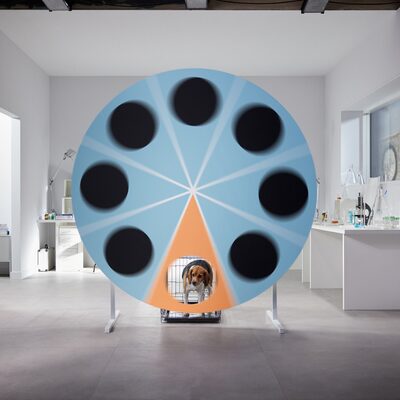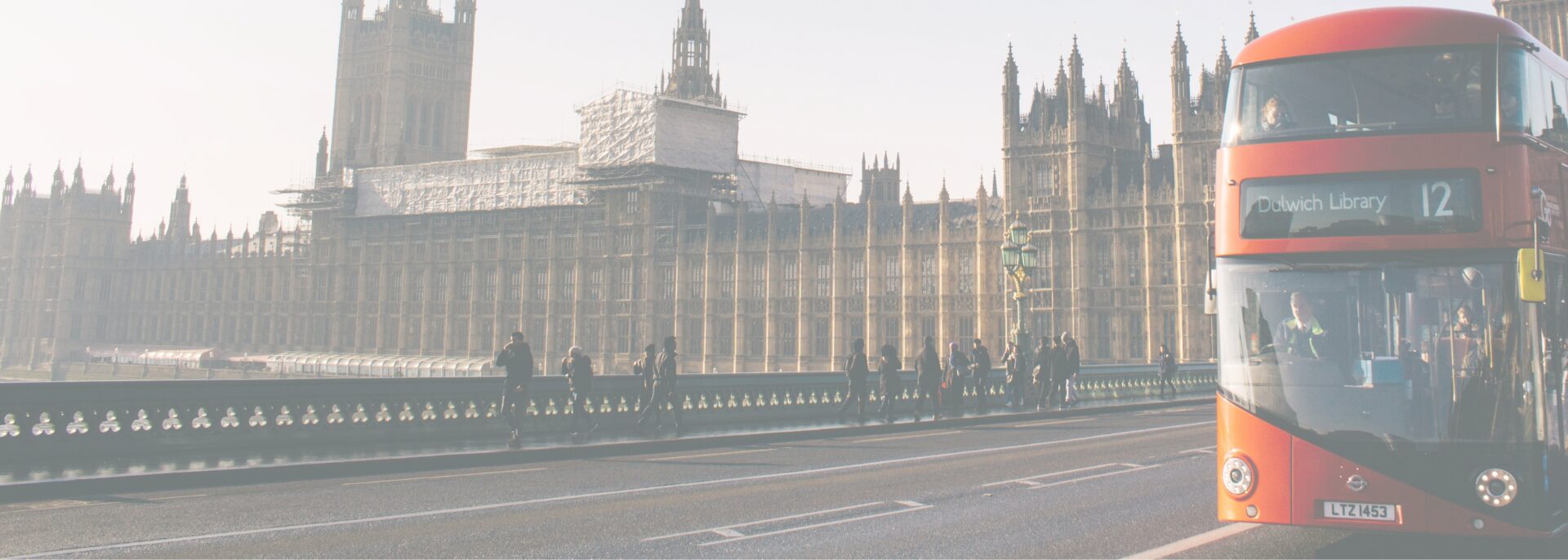And why this is indeed a responsible decision
The debate about subsidies for animal testing on primates is in full swing. The House of Representatives voted in favor of a proposal to phase out this subsidy starting in 2025. This decision raises hopes, but also concerns. University medical centers, the BPRC, and some scientists are expressing their concerns: what does this mean for public health? Can we already do without animal testing? And isn’t this too soon?
At Proefdiervrij, we have a more positive outlook. What’s missing from the debate is that research with monkeys doesn’t always work either. They’re not sacred models, but the least bad we’ve had so far. And now we have something better: human-centered models.
In short:
- Starting in 2025, this amount will be shifted over a five-year period to animal-free, human-oriented research models at the BPRC.
- The proposal is not a ban on monkey testing, but a shift of taxpayer money to future-oriented science.
- Monkey research is ethically and scientifically limited. Monkeys are made ill with artificial symptoms that do not correspond to humans.
- Animal-free models are often already available, more reliable, and based on the human situation.
- The BPRC does not have to close, but with this subsidy, it can actually invest in its future.
- The Senate will vote on this proposal on September 9th. We urge them to support this course of action. A logical and necessary step.
What exactly has been proposed?
On July 4th, the Dutch House of Representatives adopted an amendment stipulating that the government subsidy for the BPRC (€12.5 million annually) will be shifted over five years. After those five years, the money must be fully used for animal-free, human-centered research methods.
Note: this is not a ban on monkey testing. Researchers are still permitted to conduct animal tests. However, taxpayer money will soon be used specifically to develop alternatives that advance science without animal suffering.
The proposal is now in the hands of the Senate. They will vote on the Ministry of Education, Culture and Science’s budget, which includes this amendment, on September 9th.
Why five years?
What does this mean for BPRC and its monkeys?
The BPRC doesn’t need to close. In fact, there’s plenty of movement toward future-oriented research. Consider the new center for animal-free biomedical translation, Ombion, an initiative that has already received €124 million in investment from the National Growth Fund. This infrastructure also provides opportunities for knowledge institutions like the BPRC to adapt and use their expertise to transition to human-centered models.
The BPRC itself is responsible for the monkeys. We assume that the center (along with the government) will ensure careful phasing out and the well-being of these animals. We will continue to monitor this critically.
“Animal testing guarantees nothing. So why do we cling to it?”
“Listening to all the reactions, you’d almost think that research on monkeys always works well. But that’s simply not true. Animal testing is no guarantee of safety or effectiveness – we know that many medicines that seemed good in animals still fail in humans. Yet we immediately demand 100% proof from human models. That’s unfair and unscientific.
We need to stop using the term ‘alternatives,’ as if animal testing were the starting point. They once were, because we didn’t have anything better yet. But we’ve passed that point. It’s time to fully commit to human models – that’s what improves science and human health.” – Anne Burgers, Science & Innovation Advisor, Proefdiervrij

Won’t monkey experiments simply be moved abroad now?
No, we don’t expect that. By actively encouraging the development of animal-free, human models, we ensure that better methods become available to researchers. This means they are increasingly choosing less animal testing in practice.
And if we truly want the world to change, we must set a good example ourselves. By making clear choices in the Netherlands and investing in forward-thinking science, we can inspire others. Just as we did previously with the phasing out of cosmetic animal testing
Is phasing out subsidies for research with monkeys really responsible?
It absolutely is. Over the past decades, there have been repeated calls for fewer animal experiments, but without clear deadlines, little has happened. Now there’s funding to do it right.
Important: the discussion now focuses mainly on whether alternatives are “ready.” But it’s forgotten that research with monkeys was never perfect either. Monkeys don’t get MS, Parkinson’s, or HIV on their own — they’re artificially made sick. Therefore, the results are only applicable to humans to a limited extent.
This is not a leap into the unknown; it’s a leap forward.
Our position
We support the budget (including the amendment). We previously called on the Dutch House of Representatives to vote in favor and now also call on the Senate: take this step. It is time for forward-looking science, in which humans and animals are better protected.
We will continue to use our voice. For the monkeys, for all other animals in laboratories, for science, for human health, and for a world in which animal-free research is the norm.
What’s next?
The vote in the Dutch House of Representatives was an important step, but we’re not there yet. On September 9, the Senate will vote on the budget for the Ministry of Education, Culture and Science. This includes the decision to phase out subsidies for monkey experiments.
We urge the Senate to support this course of action. For science, for human health, and for a future in which animals are no longer needed in research.
What can you do?
With this decision, the era of animal testing is closer than ever. But every year, hundreds of thousands of animals still suffer. From monkeys and dogs to rats and mice, for research that often yields little. Only one in eight survives the experiments. This must, and can, change.
Join our “1 in 8” campaign.
With your support, we can continue to build a world without animal suffering and with better, human-centered research. Share this news, talk about it, or contribute – every voice counts.
Discover more



